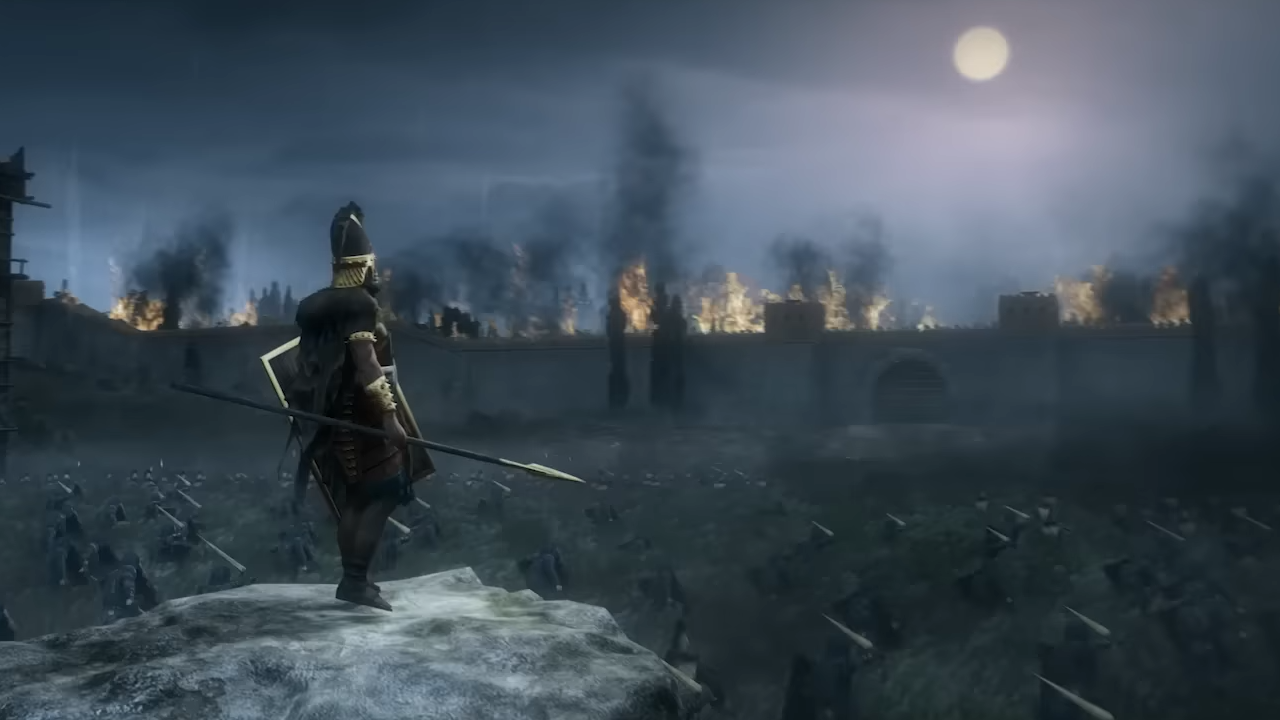

She responded on 11 January 1900, with a declaration that the Boxers represented a segment of Chinese society, and should not be labeled a criminal organization. Western governments lodged strong protests with the Chinese Dowager Empress, Tzu Hsi. The number of killings by the Boxers continued to grow, and on 30 December 1899 included a British missionary. Anti-foreign incidents, including the burning of homes and businesses, increased dramatically in 18, and was primarily directed at Chinese Christians. The society stressed the ritualistic use of the martial arts and traditional Chinese weapons. This intervention precipitated a new wave of even bolder efforts to force concessions from China, further exacerbating tensions.Īnti-foreign sentiment resulted in the rapid growth of a Chinese secret society (which had existed for centuries) known as the I Ho Ch'uan (Righteous Harmonious Fists), but referred to by the Westerners as `Boxers.' The Boxers called for the expulsion of the `foreign devils' and their Chinese Christian converts. Following the 1895 Sino-Japanese War, several European powers secured territorial and commercial concessions from China, including the 1897 seizure of Kiaochow and Tsingtao by Imperial Germany. These feelings worsened over the course of the 19th century as Western colonial powers, as well as Russia and Japan, negotiated for, leased, and even seized portions of the Chinese Empire.

The origins of anti-Western attitudes in China are difficult to trace, but widespread dislike by the population at large goes back to at least the Opium War between Britain and China (1839-1842).


 0 kommentar(er)
0 kommentar(er)
